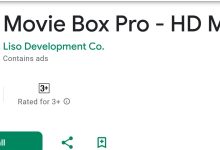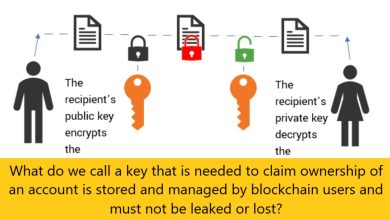Tips for managing small business expenses

Kworld Trend / Tips for managing small business expenses, As a small business owner, it is imperative that you manage your expenses well. In fact, Fundera has found that 20% of all small businesses fail within the first year, so it’s essential that you develop good money management habits from the start. Smaller businesses tend to have lower profit margins, so it’s essential to keep tight control of your costs. Here are five easy tips on how to better manage your expenses so you can increase your margins.
Tips for managing small business expenses
Expense control is important for small businesses operating on a tight budget. If not kept in check, spending can quickly spiral out of control, putting a serious strain on financial health. In addition to looking for ways to cut spending, it’s important for small business owners to consider smarter ways to meet expenses necessary for essential functions and services.
1. Be analytical
It is important to monitor and understand your company’s finances to avoid any surprises, and to make data-driven decisions that benefit the future of your business. Create a budget and check your performance against previous years. You can gain important insights from closely tracking your weekly, monthly, and yearly spending and through expense reports, which can help you identify areas where you can save or even invest.
2. Separate corporate and personal
Tracking all of your staffing expenses as your company grows is essential. Completely separating your business and personal expenses can help streamline this process and avoid hours spent sifting through and separating any personal spending.
Separating work from personal expenses is not a legal requirement, but it is a legal requirement to keep accurate financial records. Finishing and filing accounts and filing tax returns for your business requires a record of money spent through company receipts, petty cash, orders and delivery notes, so it is essential to have systems in place that enable you to maintain these details.
3. Develop a clear expenditure policy
There are many different approaches to staying on top of your expenses. The main thing is to be organized and efficient and have a very clear policy explaining what is refundable and what is not. Centralizing the management of your expenses means they will be easier to control, and you can be sure that the policy is applied consistently to everyone. And by looking at the company’s overall budget, you may be able to secure preferential rates with the major service providers.
4. Pay by card
Most banks and other financial service providers offer real-time transaction data and a historical view of all your data that can be automatically imported into your financial systems. Therefore, it pays to pay for as many things as possible with your bank card so that you have a digital history that you can access on the go via an app or online. This will become even more important as making the digital tax start to affect more small businesses.
Specialized expense management providers and some banks, such as Cashplus Bank, offer business expense cards that let you eliminate petty cash, while centrally monitoring individual employee expenses, setting spending limits and blocking certain types of transactions. Tips for managing small business expenses
5. Save receipts
Receipts can be a hassle to keep but they are very important when it comes to keeping track of your expenses. Chances are it may be ordered if you have it audited and if you have it organized it will make the process a lot easier. There are also apps you can download where you can store your receipts online. Alternatively, your bank may enable customers to upload images of receipts directly to their mobile app for hassle-free collection and storage of receipts.
6. Scope your business needs from an expense management system
Expense management software can help streamline the employee reimbursement process through automation. When considering an expense management solution, you must know exactly what you need it for, including the challenges you face in your current expense management processes. Once you fully understand this, you will be able to choose the perfect system for you and your business. Tips for managing small business expenses
From my business to yours
Conscientiousness is key to wise expense management as a small business owner. By being proactive about your bookkeeping from the start of your business, you will find it much easier to manage your spending. A clear understanding of where your money is going is crucial if you want to cut costs. Furthermore, by creating a realistic business budget, you can effectively create a spending roadmap that makes it much easier to make smart decisions when it comes to expenses. Tips for managing small business expenses







